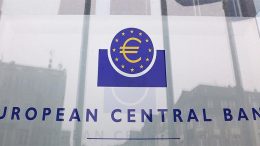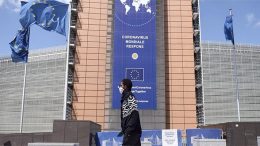The Eurozone’s Labour Market: Large Inequalities Between Sectors
At first glance, the “scar” on total employment looks set to be less deep than after the 2008 financial crisis. However, at the sectorial level, the shock may turn out to be deeper or longer lasting. One example is tourism, one of the sectors most affected by the pandemic and one of the most labour-intensive. These sectorial divergences may have consequences for the pace of recovery in European countries depending on their degree of exposure to tourism.










